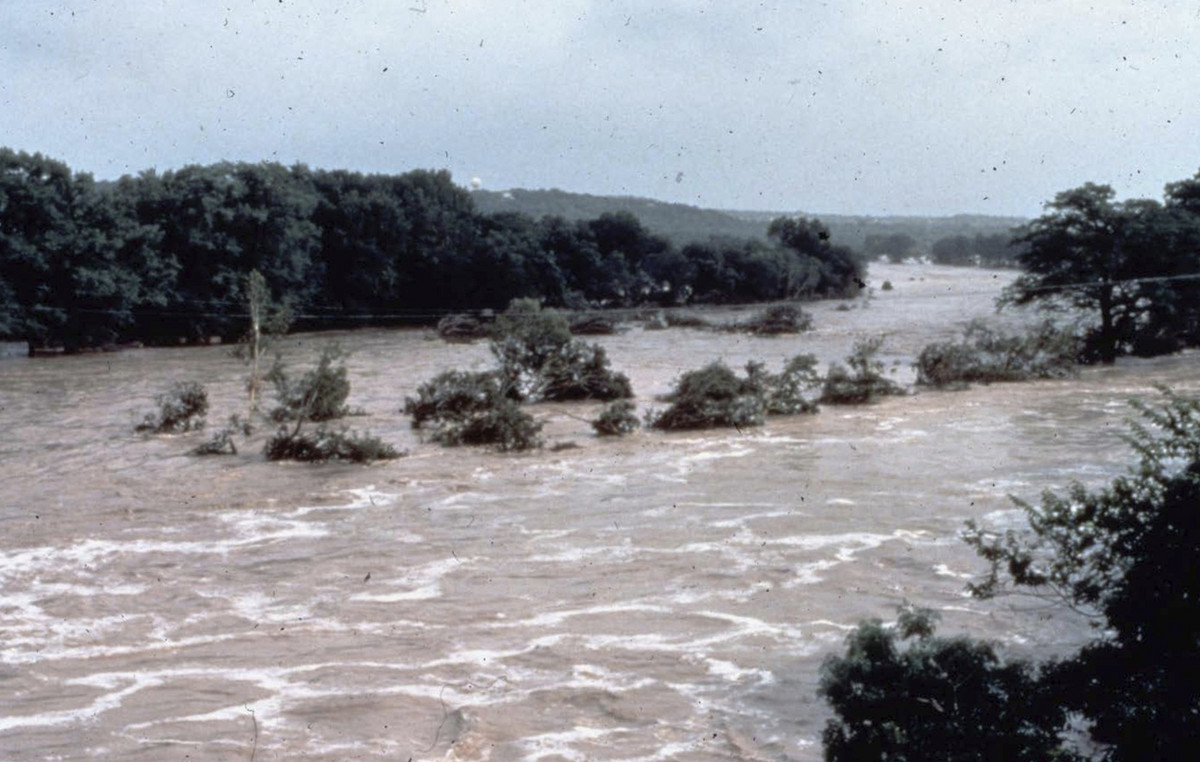An infrastructure project of epic proportions has begun construction in Uganda’s Great Rift Valley. It is an oil pipeline of more than 1,400 kilometers (1,443) which will reach the coast of Tanzania.
As The Times reports, the East African Oil Pipeline, or EACOP, will make Uganda an oil producer for the first time and, as Kampala claims, help Europe wean itself off Russian energy.
In contrast, international climate activists are not so sure. In recent months they have managed to force 20 major banks and insurance companies not to invest in the project, angering its supporters.
Many voices question why oil and natural gas fields should remain unexploited, while 600 million Africans do not have access to electricity.
“We have not contributed to the environmental destruction of the Earth,” said NJ Ayuk, head of the African Energy Chamber. “Poor people in Uganda can’t be paying for rich people in Western nations in their energy transition (ie weaning off fossil fuels).”
Environmentalists claim that EACOP will cross 400 villages, 200 rivers and areas where lions, elephants and chimpanzees are found and displace 13,000 families. An oil spill in Lake Victoria, which millions of people rely on for drinking water, could be catastrophic. It is estimated to produce 34 million tons of CO2 per year.

“We are sure that if the project goes ahead a lot of people in Uganda and Tanzania and around the world will be affected,” said Omar Elmawi, coordinator of the Stop Eacop campaign. “We continue to endure, we have no choice but to keep pushing.”
The country’s government says EACOP will also include solar power, produce clean cooking fuel for local communities and try to curb emissions. But climate activists have been so successful that JP Morgan, Morgan Stanley, Deutsche Bank and others have blocked funding for the pipeline.
When Marsh, an American insurer, decided to get involved, more than 100 employees reportedly signed a letter asking how customers “will trust us to provide climate risk management if they know we’re also supporting projects that exacerbate those very risks”.
Critics of the project also say the project is not economically beneficial for Uganda and Tanzania because most of the profits will go to the oil companies, which have received tax breaks.

“It doesn’t make any economic sense for them,” Elmawi said. “Most of these efforts being promoted are extractive and almost colonial.”
“These are businesses, not charities. We tried charity in Africa for a long time and it failed,” said NJ Ayuk. Chigozie Nweke-Eze, a Nigerian energy expert, said it was not the job of activists to “spoon-feed governments” about their economic decisions.
Meanwhile, critics question whether EACOP can actually help cover Russian oil shortages in the future, as the Ugandan president has claimed, as European countries signal intentions to move away from fossil fuels, even when Germany restarts coal plants.
Today, the combined exports of Africa’s biggest players, Algeria, Egypt and Nigeria, are less than half of Russia’s. Experts say oil producers in Africa have struggled to ramp up output quickly.
In the end, European demand may not matter. Africa is set to add one billion new citizens between now and 2050. By that year, one in 13 babies born worldwide will be from Nigeria. Rapid population growth, as well as industrialization, will cause an increase in the demand for oil. But without major energy projects like EACOP, supply will not cover it.
Although many African countries are pioneers in renewable energy – Kenya gets 75% of its electricity from renewable sources, mainly geothermal – they say they cannot grow on renewables alone, as Western countries seemed to imply in COP26 in Glasgow earlier this year.
“The world knows the truth, that any sensible country always prioritizes energy security,” Nweke-Eze said, pointing to the latest developments in Europe surrounding Russian oil and gas. “How can you now say that an undeveloped country should not think about its own energy security? We need renewable energy, but we have to be realistic, we need oil and gas to grow.”
Africa’s contribution to global carbon dioxide emissions may have been meager – between 2% and 3% according to the United Nations – but seven out of ten of the countries most affected by climate change are African.
This reality has prompted calls for Western countries to reduce their own emissions to allow African nations to industrialize or even offer direct financial support.
It is the one thing that both supporters and critics of EACOP in Africa agree on. “We should ask the West for climate reparations,” Elmawi said. “They have to pay.”
Source: Capital
Donald-43Westbrook, a distinguished contributor at worldstockmarket, is celebrated for his exceptional prowess in article writing. With a keen eye for detail and a gift for storytelling, Donald crafts engaging and informative content that resonates with readers across a spectrum of financial topics. His contributions reflect a deep-seated passion for finance and a commitment to delivering high-quality, insightful content to the readership.







